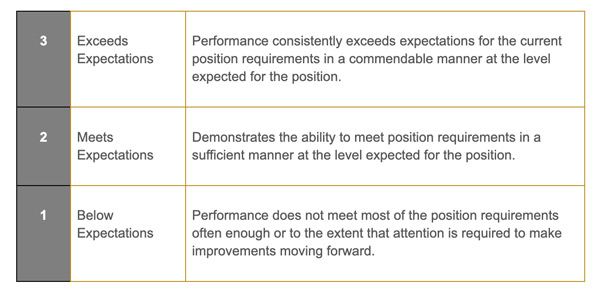Another FOMC decision day is upon us. Check back around the 3pm hour for my summary and related commentary. I'll be giving the Fed their annual performance review. Yields down slightly to start the day with the 2Y at 4.73% and the 10Y at 4.19%. Yesterday's CPI showed inflation slightly higher than expected, but economist will debate the continued stickiness of shelter related inflation while they seem confident on continued goods disinflation. The 30Y treasury auction seemed well received.
This morning's UK GDP data showed economic contraction and EU industrial production data looked weak. I won't comment on Argentina, but seems like newly elected President Milei is starting his radical overhaul of the economy.
On the day ahead we get PPI data ahead of the 2PM FOMC decision which includes the Summary of Economic Projections (aka the Dots). Will Powell push back on the easing of financial conditions? How many cuts is the FOMC dot plot showing? We'll soon see.
XTOD: Core PCE is 4.0% and markets party like it's 1999.
XTOD: H4L baby
XTOD: I realize some of my views might seem contradictory so let me try to clarify a little:
-I expect very gradual weakening in the labor market and don't think the Fed should cut until it's clear the risk a resurgence of inflation is behind us
-While I think the Fed shouldn't cut, I think they will, because they have a significant institutional bias toward inflation (and political bias as well) (this is longer term - I Don't expect signals of cuts tomorrow, quite the contrary)
-I think the decline in inflation this year is quite brittle and vulnerable to a reacceleration if wages pick back up, which will happen if the labor market doesn't get a little more slack in it
-The Treasury is conducting monetary policy and using its reduction in coupon issuance to interdict Fed QT
-There are upside risks to fiscal expenditures if the side deals from the FRA negotiations in the spring get implemented, i.e. if the House gets railroaded by the Senate. The Biden Admin continues as well to come up with new and creative ways of inflating the costs of the IRA to get more fiscal $ out the door as fast as possible
-That easing of policy from Treasury (and accompanying loosening in fincon) continues to run the risk of reacceleraiton in growth and thus inflation
-If the Fed hadn't made the critical errors it did in '21/'22, it would be a no-brainer to have cut six months ago. But history matters, and affects the risk of future inflation, and we are where we are
XTOD: Job satisfaction in the US is at a 35-year-high. In 2022, over 62% said they were of people said they were satisfied with their jobs, up from < 45% in 2010. Big gains come from work/life balance and the performance review process.
XTOD: I’ve seen what you describe. Growing aggressively to $100mm, and all of the sudden growth slows. It’s really painful.
In my experience, the number one reason this happens is fear of change. What ever set of variables led to the product/market fit that took you to $100mm become sacrosanct. These “sacred cows” become limiting constraints which hold you stuck on a local maximum. Growth goes from 30% to 20% then to 11% or even 8%. And product tweaks or pricing tweaks that you have discussed for over 5 years just can’t find their way to the market. Everyone is afraid those changes will hurt things. But you are already decaying.
Change is scary. So is flat-lining.
